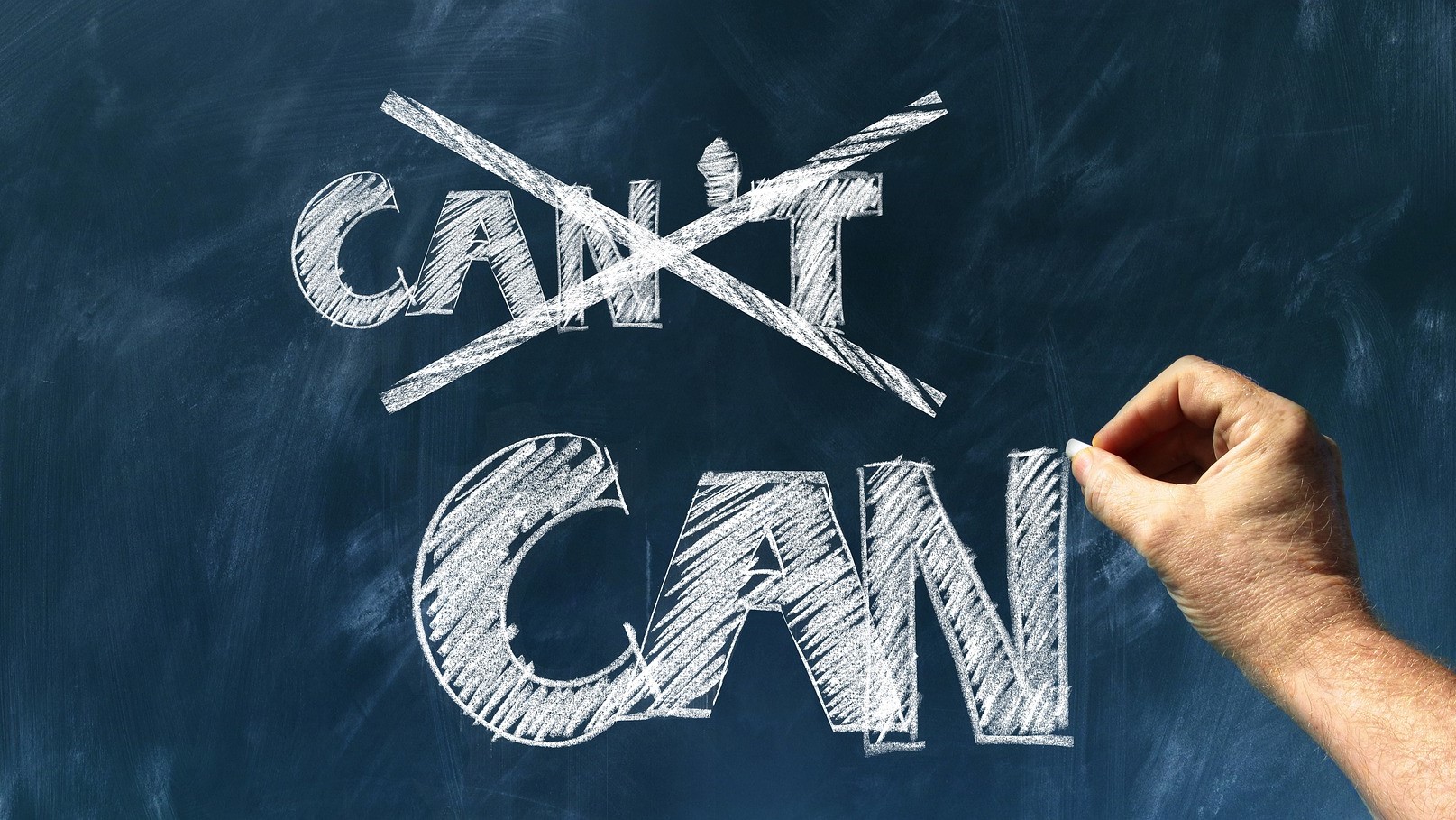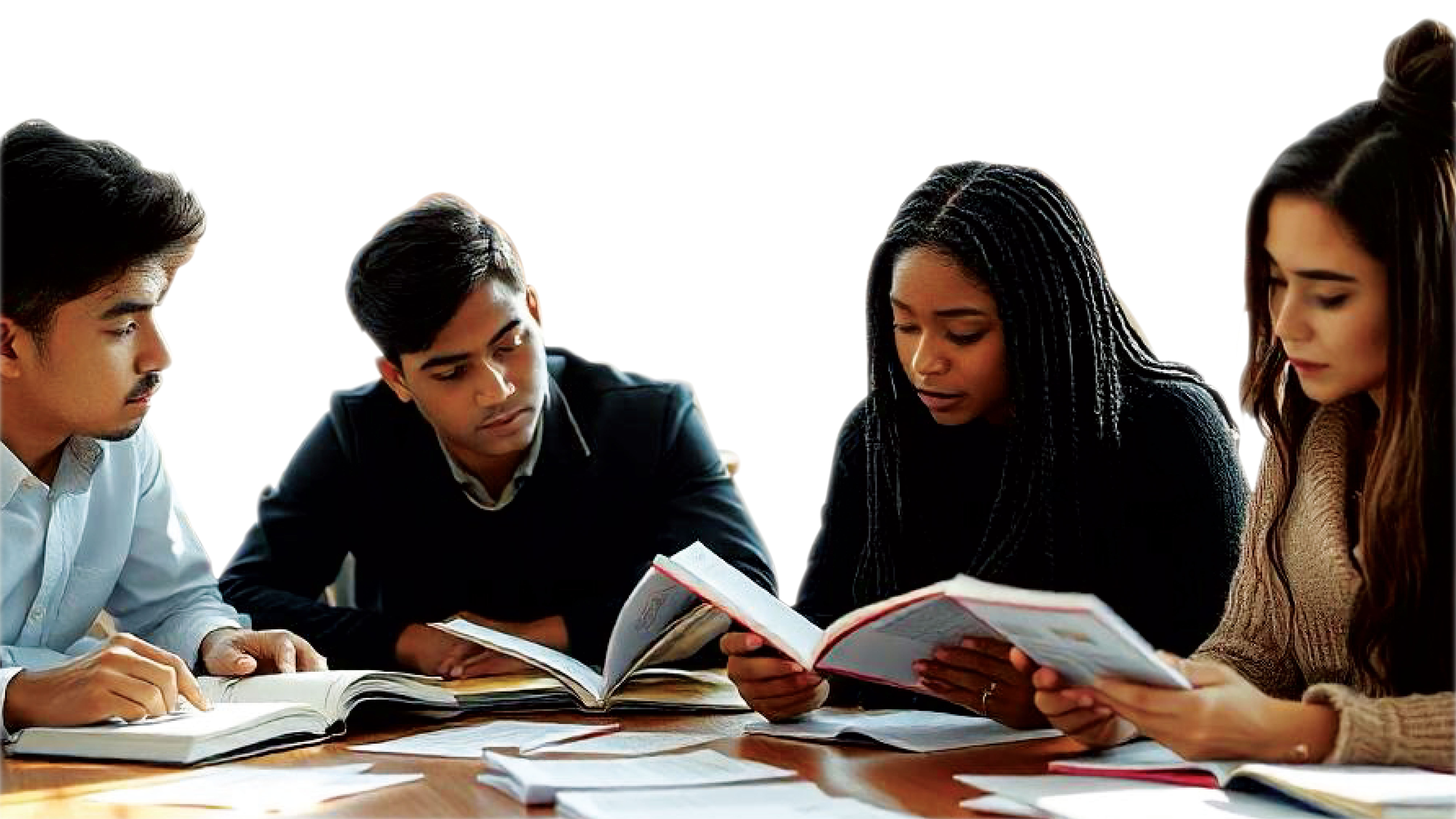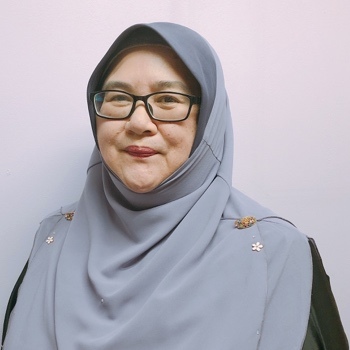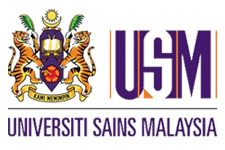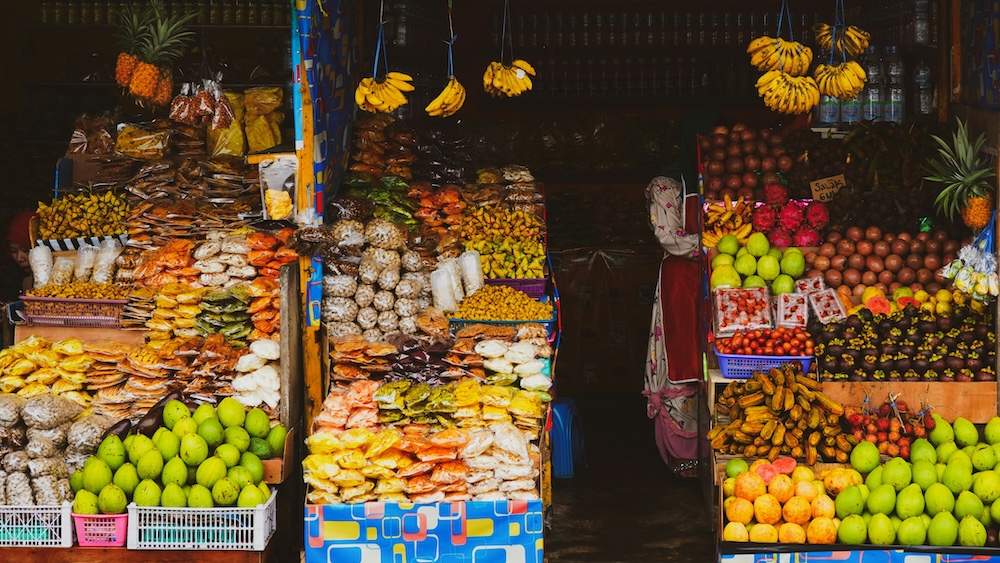It is the month of the year again where the colour purple (or fuchsia or the spectrum between pink and purple) paints our world. It is the month where women all over the world converge in spirit, if not physically, to celebrate their continued advocacy to make the world a better place for everyone regardless of their sexes.
The International Women’s Day (IWD) is celebrated on the 8th March every year but the whole month of March has been recognised, unofficially, as the month for celebrating women. The first “international” celebration of “Women’s Day” occurred 109 years ago on 19th March 1911, involving a few countries in Europe. The United Nations declared the year 1975 as the International Women’s Year and since 1977 declared the 8th of March as the International Women’s Day every year. In Malaysia, the National Council of Women’s Organisations (NCWO) declared in its Constitution in 1962 that the 25th August every year shall be deemed Malaysia’s Women’s Day. As in the past years, there are at least two global themes promoted for the IWD celebration this year. The committee behind the International Women’s Day website puts forward the theme #EachforEqual while the UN Women recommends the theme “I AM GENERATION EQUALITY: Realising Women’s Rights” or #GENERATIONEQUALITY, for short.
This year, Universiti Sains Malaysia (USM) commemorates the IWD with two activities. One is a film show screening featuring movies that celebrate women’s and girls’ struggles against gender-based challenges. On the 6th of March, the Students Representative Councils (MPP) screened the Hindustani movie “Pink” and the animated film “Brave”. Pink tells of the struggle of a woman, Minal, with the support of her female friends, fighting a case in court against a politically powerful man who attempted to rape and assaulted her. The movie highlighted how women are negatively stereotyped when they show independent, firm behaviour and how this view is detrimental to women’s wellbeing and safety. The second movie “Brave”, a Pixar-created computer animation about Merida, a medieval Scottish princess who is determined to defy age-old tradition that commodifies women and deny women’s equal intelligence and abilities to men.
On the 10th of March, 2020, a special celebration of the IWD for USM was organised featuring the combined themes of #EachforEqual theme and USM’s own focus of “Realising the H.E.B.A.T. Agenda”. This choice of themes, moreover, embraces the UN Women theme of #GENERATIONEQUALITY because the celebration on that day is about the people of all generations, particularly the youths, coming together to drive actions that will create equal and just society for all. This USM level celebration was collaboratively by the Students’ Representative Council (MPP), the Centre for Research on Women and Gender (KANITA) and the Students and International Affairs Division (BHEPA).
#EachforEqual and #GENERATIONEQUALITY suggest that everyone, women, men and the spectrum in between, of all ages, races, religions can help fight biases, challenge stereotypes, broaden perceptions, improve situations and celebrate each other’s achievements. In the context of higher education, the H.E.B.A.T. agenda of USM (Holistic, Entrepreneurial, Balanced, Articulate and Thinking) is consistent with the call for equality because it promotes cognition, behaviour, attitude and outcomes that celebrate diversity and inclusiveness. Holistic, Balanced and Thinking are approaches that will create just society because they address issues in an all-inclusive, fair and thoughtful manner. Promoting entrepreneurial and articulate capabilities amongst students equip them with the ability to drive change in society towards a better world.
It should be noted also that #AllforEqual, #GENERATIONEQUALITY and the H.E.B.A.T. agenda are consistent with many targets of the Sustainable Development Goals (SDGs) set out in the 2030 UN Agenda for Sustainable Development, which is endorsed by all State Parties including Malaysia. SDG 5 on achieving gender equality and empowering women and girls calls for, among others, the elimination of all forms of discrimination against women and of gender-based violence, social protection policies that promote shared household and family responsibilities, law and policies that give women equal access to economic resources and the better utilisation of ICT to promote economic empowerment of women. SDG 4 on education generally requires State Parties to eliminate gender disparities in education through ensuring equal access, opportunities and results in all levels of education from preschool to tertiary and vocational. SDG 4 also urges government to address other forms of inequality involving people with disabilities and marginalised communities. SDG 8 on sustainable economic growth and decent work sets our targets that include bridging the gender pay gap and labour force participation rates between women and men and reducing risk to work, which may include eradicating violence against women in the workplace such as sexual harassment. SDG 10 on reducing inequalities requires that State Parties promote and enforce non-discriminatory laws and policies.
There is a continued need to celebrate IWD globally with changing but related themes every year and this is partially due to the fact that inequalities continue to exist around the world. Malaysia is a case in point. Malaysia remains trailing in the effort towards bridging the gender gap in the world. According to the World Economic Forum, in its Global Gender Gap Index report for 2019, Malaysia ranks 104 out of 153 countries with a score of 0.677 (where 0 indicates the total lack of equality and 1 full equality or the absence of a gender gap). In Malaysia, the gender gap in education and health is being bridged reasonably well. About 62% of university students in Malaysia are women. In USM 63% of undergraduate students are women while the percentage for postgraduate students is about 54 percent. It should be noted, however, in 2019, Malaysia’s rank in the Global Gender Gap Index for education fell to 86 out of 153 countries from number 1 (with 35 other countries) out of 149 countries in 2018. Studies need to be conducted to understand this shortfall.
#EachforEqual and #GENERATIONEQUALITY suggest that everyone, women, men and the spectrum in between, of all ages, races, religions can help fight biases, challenge stereotypes, broaden perceptions, improve situations and celebrate each other’s achievements.
The gender gap in education must, logically, have a direct link to the gaps for economic and political empowerment. It means that if women have achieved gender equality in education, it is a reasonable conclusion that they have corresponding achievements in economic and political empowerments. However, Malaysia places 97 out of 153 countries in the bridging the gender gap for economic empowerment. (84/ 149 in 2018). Its female labour force participation rate hovers between 54 to 55% in the last three years or so while the corresponding percentage for men in 2019 is 81 percent. In 2019, women comprise 44% of professional and technical workers in Malaysia. Only 14% of Malaysia’s members of Parliament and 16.3% of members of the Cabinet of Ministers are women.
The USM IWD celebration on the 10th March featured a sharing session with a towering Malaysian young lady. Over the years, USM’s IWDs had featured a range of special women, and some men, in sharing their insights and experiences so that the audience can have rich exchanges of knowledge and ideas about gender equality and women’s empowerment. The women and men are special, not because they are well-known leaders or heads of organisations (although some of them are) but because within their locus of influence and environment, they were able to bring impact to the people around them, no matter who they have been: entrepreneurial female students, women with disabilities, taxi drivers, union workers, breastfeeding activist, supportive husbands and sons, just to name a few.
The special person for this year’s celebration is just as unique. Since the 15th of December 2019, more than 3.5 million people all over the world has become familiar with Lisa Kamal. Lisa Nur Marini has made Malaysia proud by being selected to represent her Class of 2019 in giving a commencement speech at her University of Wisconsin-Madison graduation ceremony. In addition, she went on to ace at actually giving the speech, even to include a bit of theatrical performances. But beyond being the valedictorian on her special day, she already has an impressive list of accomplishments. At University of Wisconsin-Madison she won the Lowell R. Laudon Outstanding Junior Scholarship Award from the Department of Geoscience and the Geological Society of America once awarded her with the “On To the Future” award for underrepresented students in geosciences. Lisa was also involved as a student-research staff for the Wisconsin Geological and Natural History Survey, part of the UW–Madison Division of Extension. Even as an undergraduate, she had the opportunity to work with Professor John Fournell, a senior scientist at her university and a world-renowned expert in microanalysis. Earlier in the year before her graduation, she was awarded the Hilldale Undergraduate Research Fellowship, the university’s top research grant, to pursue the project with Professor Fournell.
Lisa Kamal in person is so much more than the sum of her You Tube “watch” statistics. A polite, humble and thoughtful person, she, on the other hand, does not pull any punches about her belief in the importance of gender equality and justice and about how with this conviction, there is hardly a limit to what anyone could achieve in their lives. Lisa’s accomplishment as the selected speaker for her graduation ceremony is well touted in the media. However, in the IWD programme, Lisa also intimately shared her own journey, not without trials and tribulations, towards arriving at what she called the “finishing line” of the passage to her degree in geology. This journey was particularly marked with a difficult episode that tested her physical and mental health. Lisa acknowledged the role of her family, friends, mental health counsellors, lecturers and the university in helping her cope with her dark days of burnout in college. To highlight the real mental struggle of students in university, in her speech, Lisa called to her fellow graduates: “Every sacrifice, every bit of energy you dragged out of you every morning, even if all you managed to do was scratch the bare minimum, you are here today, you are graduating today and I am proud of you." She added in her now famous quote: “You made it. I see you!”
Lisa is an epitome of the acronym H.E.B.A.T. that USM is determined to inculcate in its students. Professor Dr Aldrin Abdullah, the Deputy Vice Chancellor (Students’ and International Affairs) agrees that Lisa has much to offer her “juniors”, both women and men, in USM in inspiring the latter towards achieving substantive but distinctive outcomes in their university journey. The Students’ and International Affairs Division promises to continue to engage with Lisa towards this end. In the borrowed words of Alicia Keys song lyrics, Lisa is “[not] just a girl and she’s on fire!” May she be the flame that blaze the trail for the youths aspiring to follow in her path.
Happy International Women’s Day!



